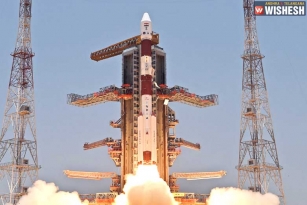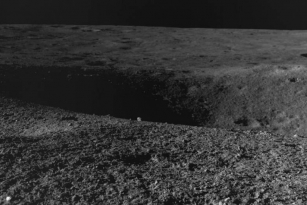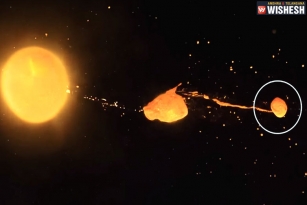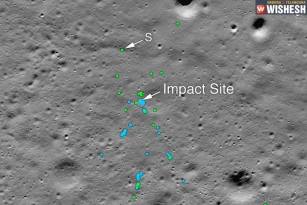
Depleting ground water is going to be a major concern for the whole world in the coming years. Aquifers provide 35% of the water for hundreds of millions of people and are increasingly being tapped, despite taking thousands of years to fill up. A decade long study reports have water has been decreased in 21 of the world's 37 largest aquifers.
“The water table is dropping all over the world. There's not an infinite supply of water,” said, Jay Famiglietti, NASA's Jet Propulsion Laboratory in California.
The researchers were not able to measure the exact amount of water in aquifers, but their findings showed many aquifers have less water than previously thought. While some groundwater trickles back into aquifers, much of it evaporates and is lost in rains in the oceans.
The Arabian Aquifer is the most depleted aquifer in the world, which is used by 60 million people. The Canning Basin in western Australia is the third most, which has likely depleted due to the water-intensive industries of mining, oil and gas.
“World Water Day reminds us of the importance of having access to a sufficient amount of safe water for a healthy and happy life. This is essentially our human right to water. But how many people can enjoy such right? Is this a problem of availability of the resource or a political matter?” said Flavia Schlegel, UNESCO Assistant Director General for the Natural Sciences.
The Mediterranean, western U.S., and many other regions will be facing "unprecedented drought" before 2050 due to climate change. Better water management can help to reduce the impact, the report said.
There are about 748 million people in the world, who do not have access to a water source which is protected from contamination. Water policies are to be changed to incentivize better management in both the public and private sectors, UNESCO said.
By Premji

























